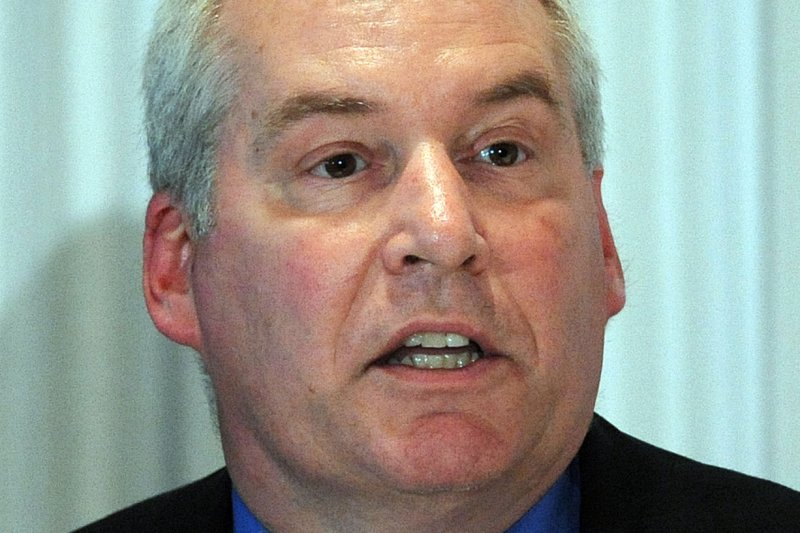Eric Rosengren, president of the Federal Reserve Bank of Boston, said Wednesday that he would like to see the U.S. central bank raise interest rates three more times in 2017 -- for a total of four increases this year. A nonvoting member of the Fed, Rosengren said it would help guard against overheating the domestic economy. File Photo by Roger L. Wollenberg/UPI |
License Photo
March 29 (UPI) -- At its previous two policy meetings, the U.S. Federal Reserve said it expects to raise key interest rates a total of three times in 2017. Wednesday, one of the bank's nonvoting members said he'd prefer one extra hike.
Boston Federal Reserve President Eric S. Rosengren, in a speech to Boston Economic Club and Fed staff, said four hikes in the calendar year would offer added protection against overheating the domestic economy.
Rosengren said hikes in June, September and December -- a rate of once every other meeting -- would be the most appropriate responses to recent market signals.
"The perception seems to be that the outcome of each FOMC meeting depends on nuances of incoming data, with the base case being no change in rates," Rosengren said in his speech. "My own view is that an increase at every other FOMC meeting over the course of this year could and should be the committee's default."
The Fed last raised the federal funds rate at its March 15 meeting -- the first hike of the year and just the third since December 2015. Early last year, the central bank said multiple hikes were possible in 2016 but various unexpected economic activities -- including fallout from Britain's vote to leave the European Union in June -- translated into just one increase.
In December, the bank said it was more confident of its forecast for three hikes in 2017.
Rosengren said a slightly more rapid onset of increases is tolerable because multiple key indicators, like inflation and unemployment, continue to close in on the Fed's target levels. Most of all, though, he said, it's a good idea to stay slightly ahead of a strengthening market to avoid having to implement the increases at an even quicker pace later -- a scenario he said could greater threaten overall economic progress.
"It is important to avoid creating an over-hot economy that could require a more rapid tightening of monetary policy -- which would place at risk the economic improvements seen to date," he said.
The Federal Reserve raised rates in March and December although inflation remained below the 2 percent objective. Most economists have said they expect that figure to surpass the 2 percent-mark by the end of the year. Unemployment is also expected to drop below 4.4 percent by 2018 -- a level universally considered by analysts as unsustainable.















